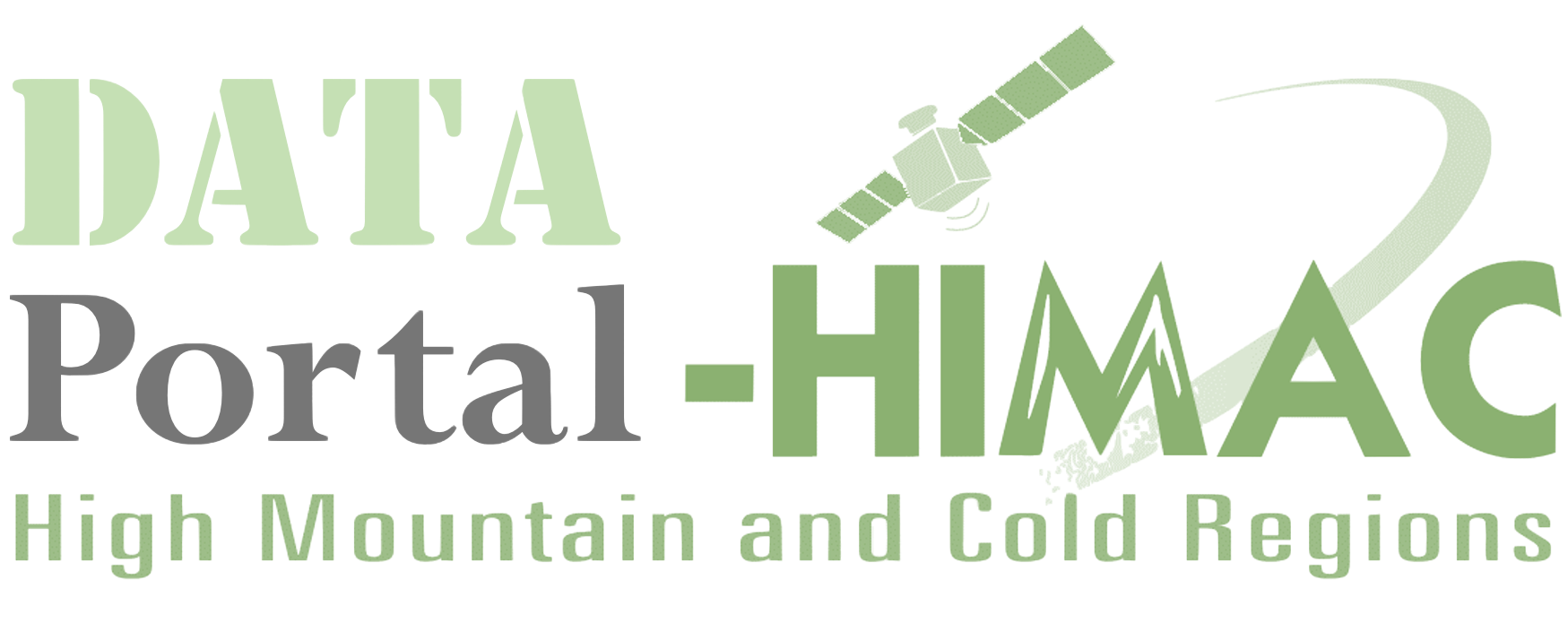You're currently viewing an old version of this dataset. To see the current version, click here.
The GCW Data Portal
Data and Resources
Additional Info
| Field | Value |
|---|---|
| Source | https://gcw.met.no/ |
| Last Updated | May 26, 2021, 02:18 (UTC) |
| Created | August 3, 2020, 15:07 (UTC) |
| Country | Norway |
| Data Management | The GCW Data Portal is currently considered as a pre-operational service. It is populated with metadata harvested from a number of contributing data centres, but data remains in the original location and are served through the interfaces supported by the originating data centre. The process of harvesting, filtering and translating metadata is still under development and will be modified through dialogue with contributing data centres and WMO activities organised through WIS and WIGOS. |
| Data Policy | The principles enshrined in this GCW Data Protocol must be applied to qualified data from each station and site operated under the auspices of GCW, including submission of metadata and data per an agreed timetable. The GCW CryoNet Team is responsible for the Data Protocol. Questions about the policy and its implementation should be directed to the CryoNet Team lead. As used here, “GCW data” includes data from stations and sites operated by the core GCW surface observing network, CryoNet, and data from contributing stations that are not part of CryoNet. All CryoNet data are produced in accordance with the minimum requirements set out for CryoNet stations and sites (see )http://globalcryospherewatch.org/cryonet/requirements.html), and with the procedures laid out in the GCW Best Practices Manual and GCW Best Practices Guide. Contributing stations may not necessarily meet the CryoNet station requirements and may not be compliant with GCW best practices. This data protocol applies to both CryoNet and contributing station data that are available through the GCW Data Portal. All stations are expected to meet GCW requirements by the beginning of the operational phase on 1 January 2020. Metadata Metadata are essential to the discovery, access, and effective use of data. Metadata may be defined as all the information necessary for data to be independently understood by users and for ensuring proper stewardship of the data. All GCW observational data and products must be accompanied by metadata that document and describe the data. The metadata must be in a “machine readable” (i.e. digital) form. Regardless of any data access restrictions or delays in delivery of the data itself, operators of GCW CryoNet stations and sites should promptly provide basic descriptive metadata for datasets (WIS metadata) and observations facilities (WIGOS metadata) in an internationally recognized, standard format to the GCW Data Portal. When submitting data to the Data Portal, contributors should adhere to GCW’s best practices for data, as detailed in the following documents: Guidelines for Data Centres Contributing to GCW Operational Manual for Data Centres Contributing to GCW |
| Data Sharing Principle | The Global Cryosphere Watch aims to make observational data and ancillary data freely available through its Data Portal, and whenever possible in near real-time. The data management is based on the FAIR Data Principles (Wilkinson et al. (2016). The GCW Data Portal is a web interface that contains information about datasets (metadata), but not the data themselves. Instead, it links to datasets that are stored at partner data centres. It is compatible with the WMO Information Service (WIS). Linkages between the GCW Portal and data partners/providers are illustrated at http://globalcryospherewatch.org/data/data.html. At its Seventeenth Congress in 2015 (Cg-17), WMO agreed on Resolution 60 concerning the WMO policy for the international exchange of data and products to support the Global Framework for Climate Services (GFCS). Resolution 60 noted a number of other resolutions, including Resolution 40 (Cg-XII) on the policy and practice for the exchange of meteorological and related data and products including guidelines on relationships in commercial meteorological activities, and Resolution 25 (Cg-XIII) for the exchange of hydrological data. Resolution 40 adopts the following policy: As a fundamental principle of the World Meteorological Organization (WMO), and in consonance with the expanding requirements for its scientific and technical expertise, WMO commits itself to broadening and enhancing the free and unrestricted international exchange of meteorological and related data and products. The GCW Data Protocol will adhere to the above-mentioned resolutions and to the following open-access resolutions passed by international scientific organizations in the past 20 years: · ICSU 1996 General Assembly Resolution · ICSU Assessment on Scientific Data and Information · Article III-1c from the Antarctic Treaty · Intergovernmental Oceanographic Commission Data Exchange Policy “Full and open access” is defined by ICSU (2004) as equitable, non-discriminatory access to all data preferably free of cost, but some reasonable cost-recovery is acceptable. WMO Resolution 40 uses the terms "free and unrestricted" and defines these terms as meaning "non-discriminatory and without charge". "Without charge" in the context of this resolution means at no more than the cost of reproduction and delivery without charge for the data and products themselves. |
